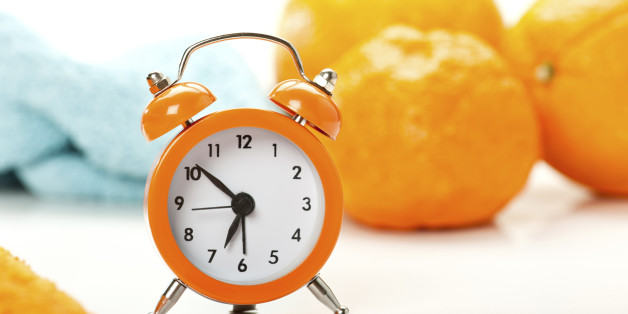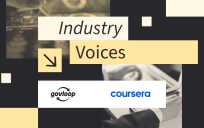If I only had one more hour, I could get so much more done. Does that sound familiar?
Chances are, we’ve all been there, said that and wondered why time just seemed to slip away. The issue: We struggle to find time for the things that are important to us.
Deborah Smith Cook, Owner and President of coaching and consulting company Atheseus knows this struggle. “The number one issue that my clients cite is not having enough time to do strategic thinking, to learn, to lead, to manage change,” Smith Cook said during GovLoop’s NextGen Professional Development Virtual Summit: Advance Your Gov Career.
“We want to do the things that are important to us, that add value, that add joy to our lives,” said Smith Cook, a former Defense Department and Securities and Exchange Commission (SEC) employee.
To get started, you must first honestly track your time.
For the smartphone users out there, you’ve probably noticed the feature that allows you to see how much time you spend on your device. Once you get a handle on how you really spend your time, then you can make different decisions on how you want to spend your time, Smith Cook said.
Next up, make your bed. Yes, you read that correctly. The idea is that by doing a relatively simple thing you set yourself up for accomplishing other things throughout the day. Maybe making your bed is not your small thing. Maybe it is picking up the mail. “You have one check mark off your to-do list,” Smith Cook explained.
This is not an overnight transformation. Being personally productive is a step-by-step process. “It is a small step, take control, do one thing and then do another thing,” she added. “It is not going to get better until you start doing one thing differently.”
If you are not a fan of cramming productivity into every waking hour and multitasking, that is OK. Smith Cook isn’t too fond of it either. Although some people choose to dive into work during their entire commute, Smith Cook feels that actually adds more time to the workday and doesn’t make us more productive.
“At SEC, I would spend [my] hour commute answering emails and getting ready for the day,” she said. “When I got to work I was already tired.” She suggests reading something that will help you think differently or using only part of the commute to do work and then rejuvenate.
Try using the Best Self Journal. One tenet is that you don’t have white spaces in your calendar. I know, it sounds crazy. But what this allowed Smith Cook to do is make personal projects and aspirations just as important as meetings or other events that typically end up on calendars.
To help boost productivity in a holistic way, Smith Cook considers three key areas: environment, body and mind.
- Environment
Research says if you look at something nice, it gives you the opportunity to relax in our environment. Blues and greens help. This helps us to calm our minds and be more productive. Other tips to consider: Get to work a little early. Work in a different part of the office and declutter your space. Think Marie Kondo and having joy in decluttering your space. This has a direct link to the amount of anxiety you have, and that includes your neatly stacked pile of work,” Smith Cook said. Instead of the pile, bring out one project, work on it and put it away.
- Body
Feed your body by getting enough sleep. “It is kind of a national epidemic that we are sleep deprived,” she said. Try wordless music such as smooth jazz, classical or instrumentals to help you create a barrier between yourself and all the other noises around you.
Eat healthy snacks and take periodic breaks to stand, look away from the screen and refocus. Take good breaks on purpose, Smith Cook said. We tend to think if we keep working straight, we will get work done. But our productivity goes down with every minute that we don’t take a break.
- Mind
What does an ideal workday look like? If you had a blank sheet of paper, what would you want your day to look like? To help you with that planning, here are some things to consider. At the beginning of the day, base email responses and other tasks on priority and need.
Consider when you work best. Smith Cook talked about the concept of “eating the frog” or tackling the unpleasant projects we are least jazzed about doing. “At the time that works best for you, you eat that frog. If you don’t do that, you end up fretting and worrying,” she said. Getting to that point requires breaking down projects into manageable chunks.
To boost productivity, we also have to address the big elephant in the room: meetings. To make them more productive, Smith Cook suggests establishing no meeting periods, starting and ending on time, starting with an agenda and considering making them 50 or 80 minutes to give people time to decompress between back-to-back meetings. Lastly, but very important, make meetings fun!
If you want to attend sessions like this one at future virtual summits, pre-register today!






Leave a Reply
You must be logged in to post a comment.